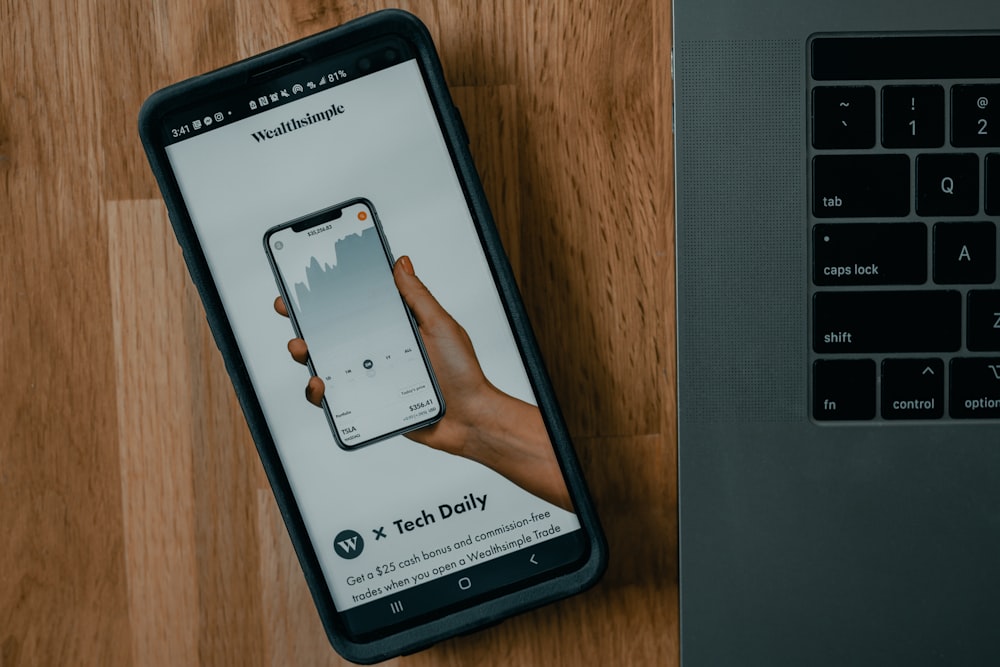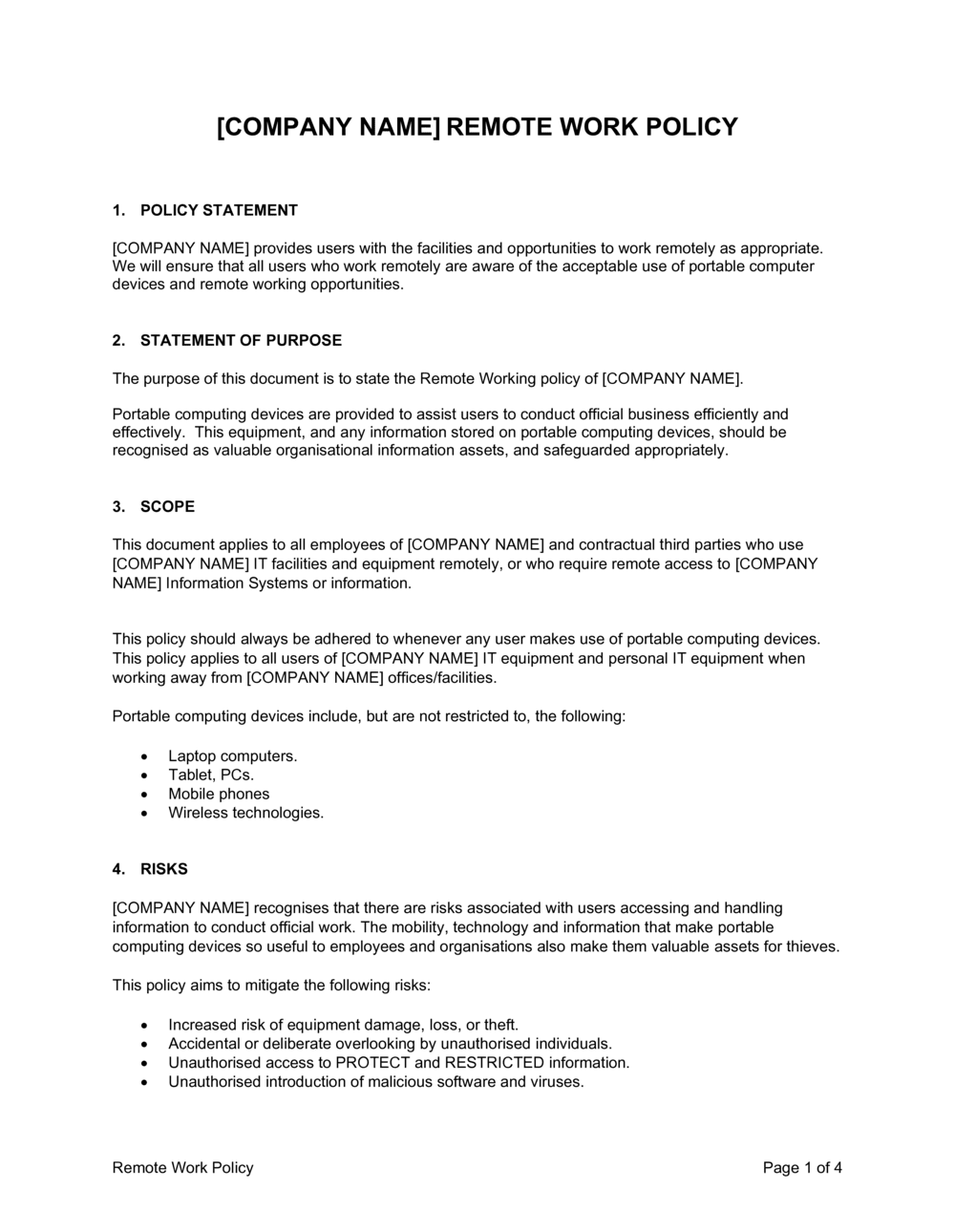
Kaizen Revolution Cultivating Continuous Improvement in Manufacturing
Kaizen Revolution: Cultivating Continuous Improvement in Manufacturing
In the dynamic landscape of manufacturing, the quest for excellence is unending. At the heart of this pursuit lies Kaizen, a philosophy that transcends mere methodologies—it’s a cultural shift towards perpetual improvement. Let’s unravel the essence of Kaizen in manufacturing and explore how it sparks a revolution in continuous enhancement.
Understanding Kaizen: More Than a Methodology
Kaizen, a Japanese term meaning “change for the better,” is more than just a methodology; it’s a mindset. At its core, Kaizen in manufacturing is about making incremental improvements consistently. It’s not a one-time project but an ongoing commitment to refining processes, reducing waste, and enhancing efficiency.
Cultivating a Continuous Improvement Culture: The Kaizen Way
Kaizen goes beyond isolated projects; it cultivates a continuous improvement culture within organizations. Every member of the workforce becomes a stakeholder in the improvement process. It’s about fostering a mindset where employees at all levels actively contribute ideas, seek efficiencies, and embrace a shared responsibility for betterment.
Small Changes, Big Impact: The Kaizen Philosophy
The philosophy of Kaizen emphasizes the power of small changes. Instead of waiting for grand overhauls, Kaizen encourages making small, manageable improvements daily. These incremental changes, when accumulated over time, result in substantial enhancements to processes, productivity, and overall operational excellence.
Explore the Kaizen revolution in manufacturing at Reltix.net. The platform offers insights into the transformative impact of Kaizen.
Gemba Walks: Where Improvement Happens
In the world of Kaizen, the Gemba walk is a sacred practice. Gemba, meaning “the actual place,” refers to the shop floor or the location where value is created. Leaders and employees engage in Gemba walks to observe processes, gather insights, and identify areas for improvement firsthand. It’s a hands-on approach that aligns leaders with the pulse of operations.
Kaizen Events: Targeted Improvement Initiatives
Kaizen events, often referred to as Kaizen blitzes, are focused, time-bound initiatives aimed at solving specific challenges. These events bring together cross-functional teams to collaborate on finding and implementing solutions. The intense and collaborative nature of Kaizen events accelerates the pace of improvement in targeted areas.
5S Methodology: Organizing for Efficiency
One of the foundational elements of Kaizen is the 5S methodology—Sort, Set in order, Shine, Standardize, and Sustain. This methodology focuses on organizing the workplace for efficiency and effectiveness. By eliminating clutter, establishing order, and setting standards, 5S creates an environment conducive to continuous improvement.
Visual Management: Transparency for Improvement
Kaizen places a premium on transparency, and visual management is a key tool in achieving this. Visual cues, charts, and boards display real-time information about performance, goals, and improvement initiatives. This transparency fosters open communication and keeps everyone aligned with the objectives of continuous improvement.
Respect for People: A Core Kaizen Principle
Central to Kaizen is the principle of respect for people. This involves recognizing and valuing the contributions of every team member. In a culture of respect, employees feel empowered to voice their ideas, experiment with improvements, and actively engage in the betterment of processes without fear








